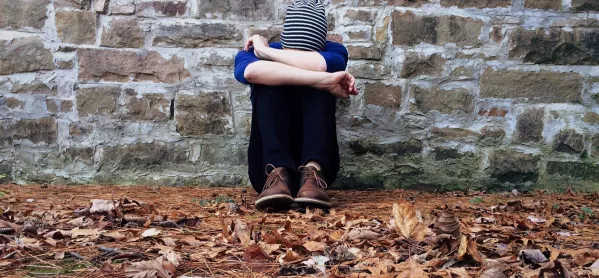Half of young people believe they are “not good enough”, according to new research on their mental wellbeing.
The Prince’s Trust, which released the research today, says it shows that young people in the UK “fear for their emotional health, as worries about the future, money and generally ‘not being good enough’ pile up on their generation”.
The research, based on a survey of 2,194 people aged 16-25, shows that their happiness and confidence in their emotional health are at the lowest since it was first run in 2009.
Some 49 per cent, when asked what they worried about, said “not being good enough in general”. A third worry that their school, college or university grades are not good enough.
The Prince’s Trust Macquarie Youth Index, which gauges young people’s wellbeing across a range of areas from working life to family relationships, also finds that 61 per cent regularly feel stressed and 27 per cent go as far as to say they regularly feel hopeless.
The report highlights factors which could be contributing to this “sudden decline” around emotional health, with 42 per cent thinking they put too much pressure on themselves to achieve success.
The report comes amid calls for all school staff to be trained to support pupils who are struggling with their mental health.
Prince’s Trust UK chief executive Nick Stace said: “This is a generation rapidly losing faith in their ability to achieve their goals in life, who are increasingly wary of and disillusioned with the jobs market.”
He added: “One of the most important things we can do to change this picture is to show young people that it’s worth having high aspirations, that opportunities to earn a decent living and progress in a career are out there, and that they’ll be supported along the way to live, learn and earn.”
Mr Stace said the situation would be improved with more investment in young people’s skills, as well as initiatives that create a “culture of openness” around mental wellbeing.
In March, a separate survey showed that a third of pupils who looked for support for mental health issues from their school or college had problems getting it.
The ailing mental health of teachers was highlighted at the NASUWT teaching union’s annual conference in Birmingham last week. Teachers spoke tearfully about the mental health “pandemic” within the profession - one revealed that she had taken an overdose at her desk - as they contend with increasing workloads and growing scrutiny of the performance of pupils, teachers and schools.
Want to keep up with the latest education news and opinion? Follow Tes on Twitter and like Tes on Facebook




